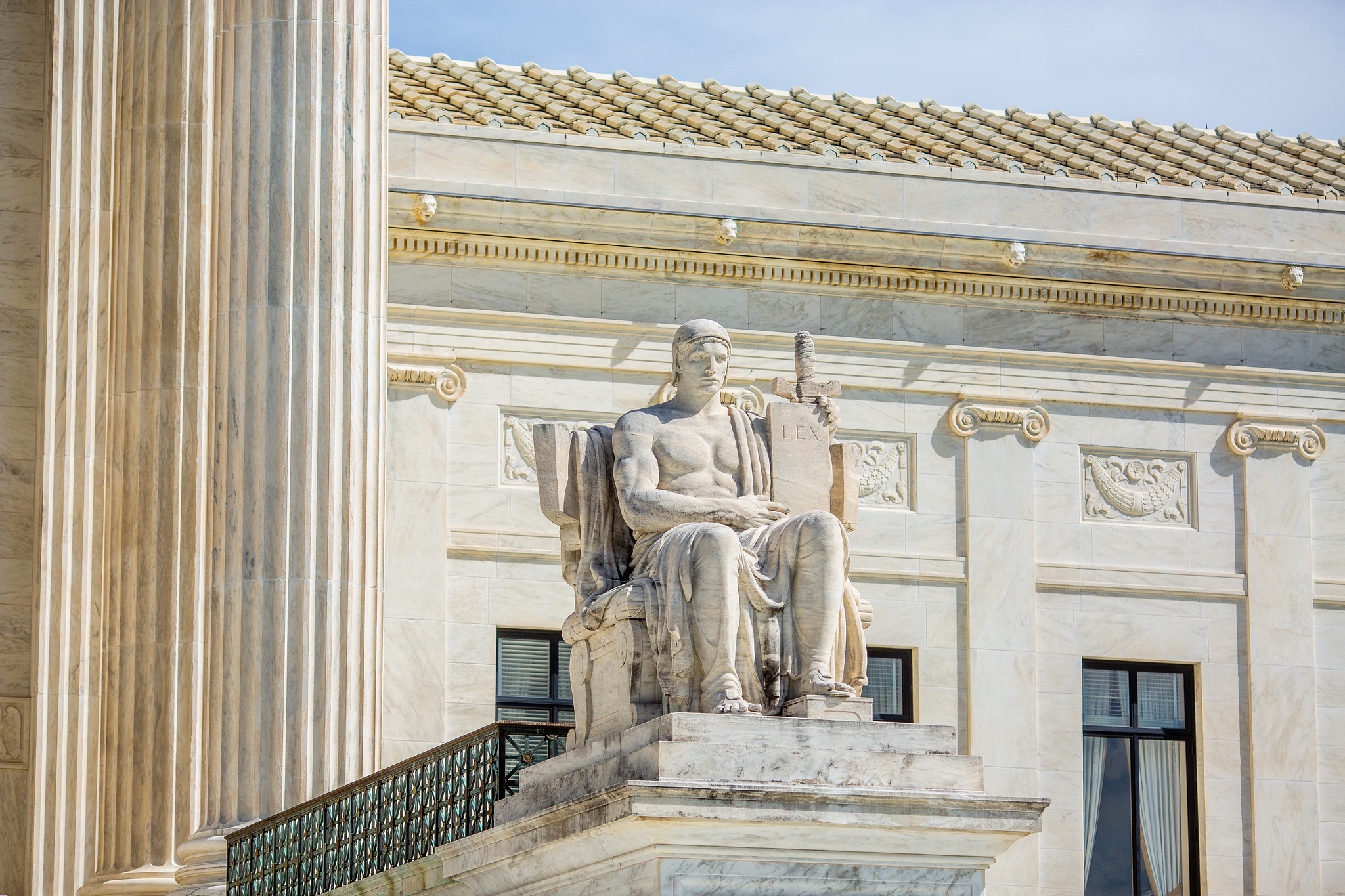Mikeoxenormous
Diamond Member
MSN
I have been in that building, it uses more energy than a small city. They should start with their own, and regulate themselves the way they waste tax dollars in energy usage.
The federal agencies who are not elected officials by the people, never should of been given any capabilities to RULE over the people. This Supreme Court now has made it so again. The rogue EPA needs to have a clean house again.In Friday's 6-3 ruling in Loper Bright Enterprises v. Raimondo, the Supreme Court overturned 40 years of administrative law precedent, a decision former federal prosecutor Shan Wu characterized on Saturday as a "revolution," with Justice Neil Gorsuch playing a key role.
The Court's decision dismantles the Chevron deference established in the 1984 case Chevron U.S.A. Inc. v. Natural Resources Defense Council, one of the most cited cases in American law. This doctrine had instructed courts to defer to federal agencies' interpretations of ambiguous statutes, acknowledging that Congress often cannot resolve every detail in legislation.
I have been in that building, it uses more energy than a small city. They should start with their own, and regulate themselves the way they waste tax dollars in energy usage.




